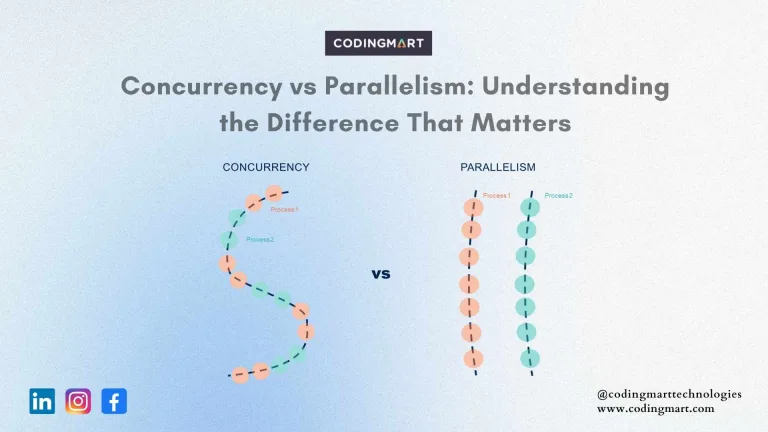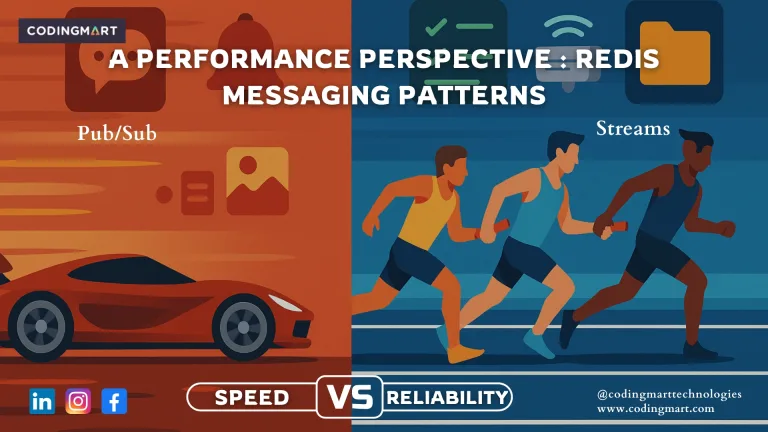blogs
How to Choose the Right Database for Your Company?

A company’s website serves as the virtual faec of its business. It is not only a platform to showcase products and services but also a gateway to engage with customers and drive growth. One critical aspect of building a successful website is selecting the right database management system (DBMS). The database plays a vital role in storing and retrieving data efficiently.
Understand Your Requirements : Before diving into the world of databases, it’s essential to understand your website’s specific requirements. Consider factors such as the volume of data, the expected traffic, the complexity of queries, and the scalability needs of your website. This analysis will help you identify the features and capabilities required from a database to meet your business goals effectively.
Relational or NoSQL : The first decision to make is whether to go with a traditional relational database or a NoSQL (Not Only SQL) database. Relational databases, such as MySQL and PostgreSQL, offer structured data models and ACID (Atomicity, Consistency, Isolation, Durability) compliance. They are well-suited for complex data relationships and transactions. On the other hand, NoSQL databases like MongoDB and Cassandra excel at handling unstructured or semi-structured data, providing scalability and flexibility. Consider the nature of your data and the required data model to determine the appropriate choice.
Scalability andPerformance : As your website grows, scalability becomes crucial. Look for a database that can handle increasing data volumes and concurrent user traffic without sacrificing performance. Consider features like sharing, replication, and clustering that allow your database to scale horizontally or vertically.
Data Security : Data security is a top priority for any company website. Ensure that the chosen database provides robust security features such as encryption, authenticationmechanisms, and access controls. Compliance with industry standards and regulations, such as GDPR or HIPAA, should also be considered, especially if your website deals with sensitive user information.
Developer-Friendliness : Consider the ease of use and developer-friendliness of the database. Look for a well-documented database with an active community and reliable support channels. A user-friendly query language and a rich set of APIs and libraries can significantly improve development productivity and ease the learning curve for your development team.
Integration and Ecosystem : Evaluate how well the database integrates with your existing technology stack. If you have a preferred programming language or framework, ensure that the database has mature and reliable libraries or drivers available. Consider the database’s ecosystem and the availability of tools and frameworks for monitoring, administration, and analytics, as they can streamline your website’s maintenance and performance optimization.
Cost and Licensing : Understand the cost implications associated with the database. Consider factors such as licensing fees, hosting expenses, and operational costs like maintenance and upgrades. Open-source databases can be a cost-effective option, but they may require more effort in terms of management and support. Evaluate the total cost of ownership (TCO) over the long term to make an informed decision.


